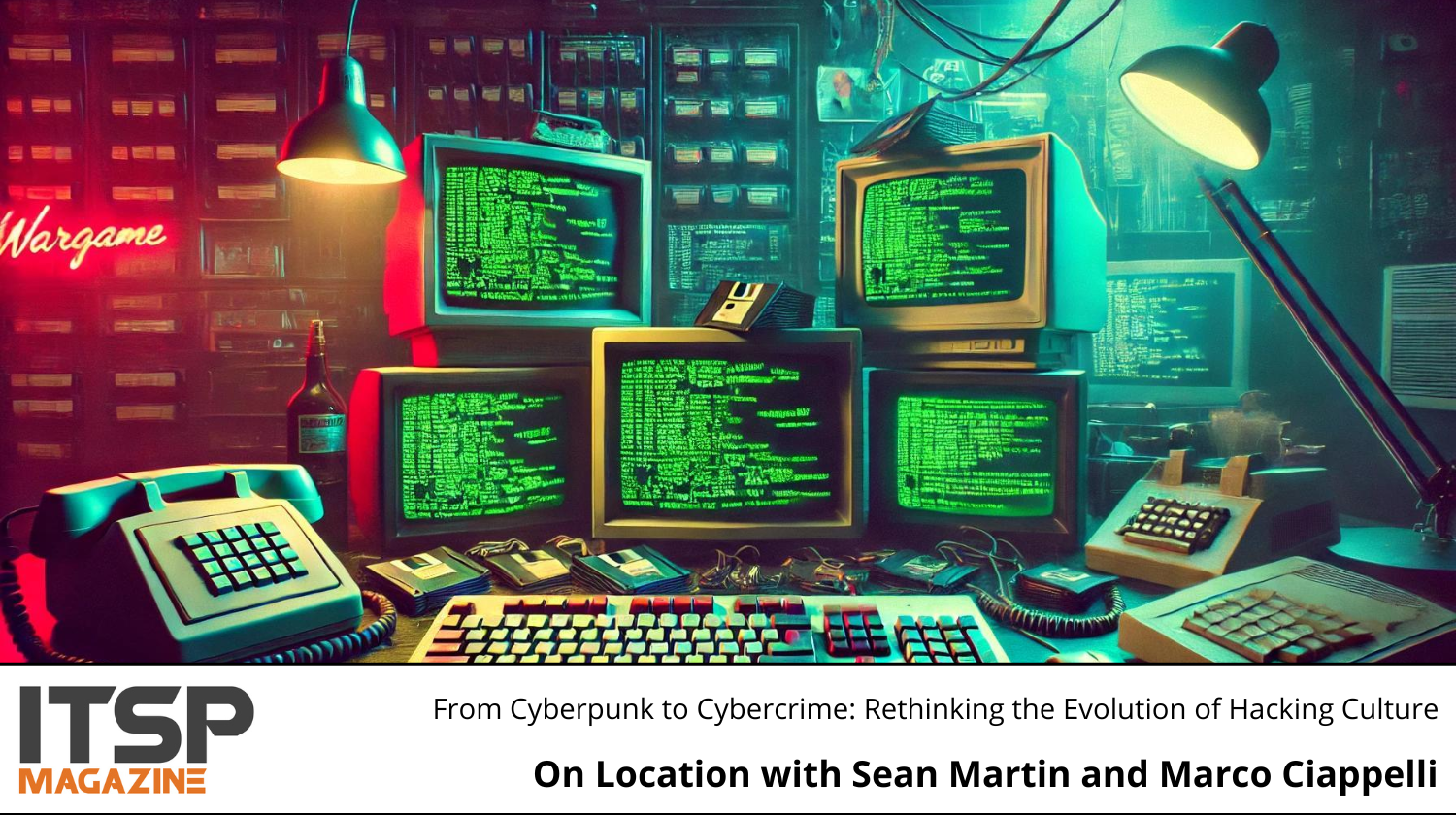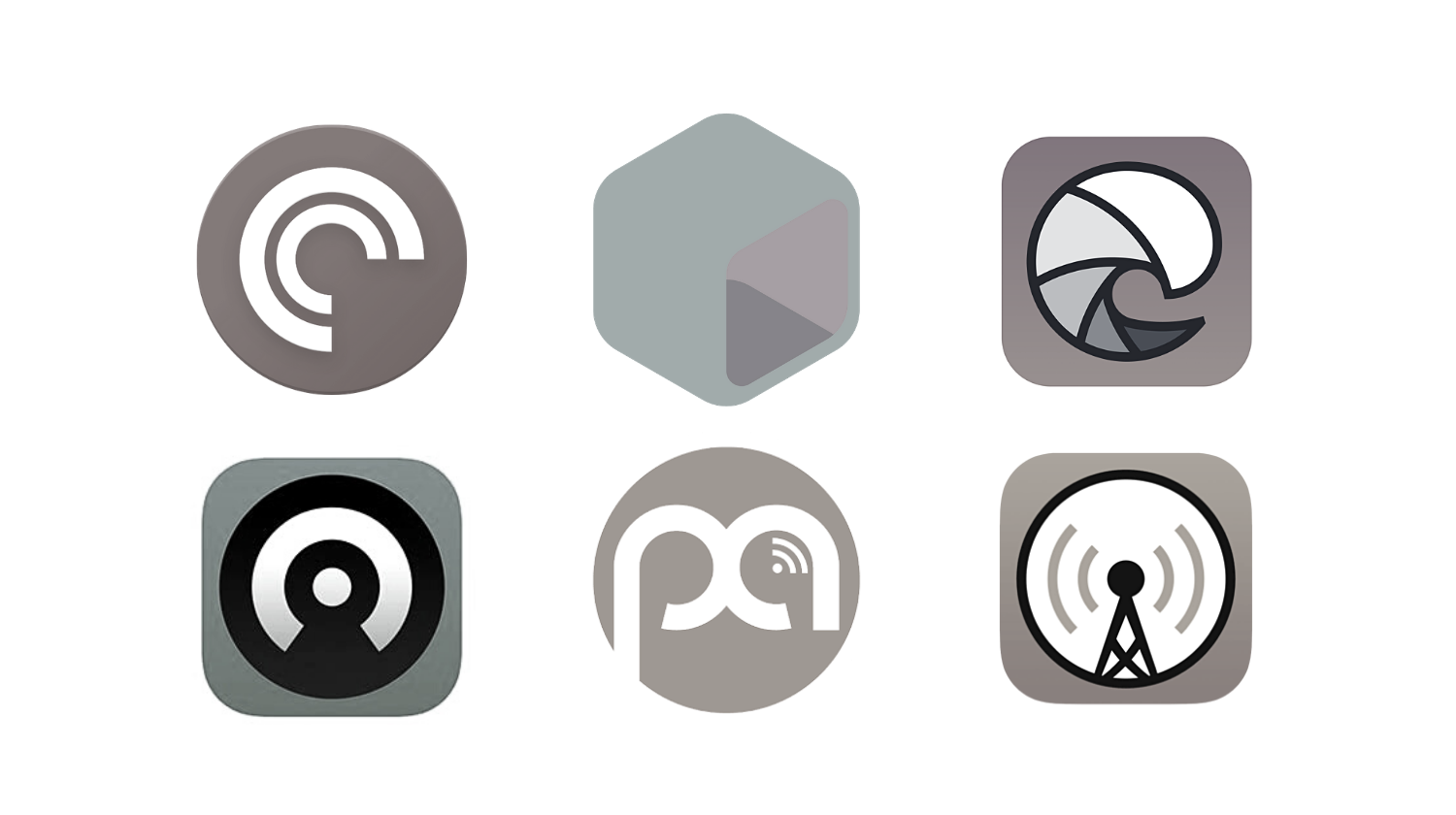At ThreatLocker’s Zero Trust World 2025, Sean Martin and I are covering a series of conversations that push the boundaries of how we think about cybersecurity, technology, and society. Day one kicked off with an electrifying session featuring Chris Tarbell and Hector Monsegur, two figures from opposite sides of the cyber battlefield—one a legendary FBI cybercrime investigator, the other a former black hat hacker turned security researcher.
This conversation wasn’t just about how hacking works, but about how hacking has changed. The discussion transported me back to the early days of the internet—when discovery, exploration, and curiosity drove hacking culture. It reminded me of my own experiences discovering the internet, full of hope and possibilities for how it could revolutionize society. But looking at where we are today, I can’t help but feel that something was lost along the way.
I was particularly struck by a moment in the discussion when Tarbell and Monsegur reflected on how hacking has shifted from a rebellious subculture—where curiosity was often the driving force—to a cold, calculated enterprise. What once was an underground movement fueled by exploration and a desire to challenge authority has become something far more sinister: organized cybercrime that mirrors traditional criminal organizations, complete with its own hierarchies, financial incentives, and ruthless efficiency.
That shift in culture reminded me of my conversation with Joseph Menn, author of Cult of the Dead Cow: How the Original Hacking Supergroup Might Just Save the World. The book explores how hacking culture was once about pushing boundaries, advocating for privacy, and challenging the status quo—not simply about profit-driven cybercrime.
(If you missed that conversation, check it out here on my Audio Signals Podcast https://www.audiosignalspodcast.com/episodes/book-cult-of-the-dead-cow-how-the-original-hacking-supergroup-might-just-save-the-world-an-audio-signals-conversation-with-joseph-menn)
As Monsegur described his radicalization into Anonymous and LulzSec, I couldn’t help but think about the broader evolution of hacking. In the 1990s, hacking groups were often driven by ideology, experimentation, and sometimes, just youthful defiance. Today, we see ransomware gangs targeting hospitals, state-sponsored attacks disrupting economies, and AI-powered social engineering scams that prey on human vulnerability at scale. The hacker’s curiosity-driven ethos has been largely replaced by greed and political manipulation.
This shift raises an important question: how do different generations of cybersecurity professionals perceive this evolution? Many of the older professionals in the field, especially those who come from the early hacking world, have witnessed this transformation firsthand. Some lament the loss of that rebellious but ethical spirit that once defined hacking culture, while others argue that it was inevitable as technology became more integrated into every aspect of life. Meanwhile, younger cybersecurity professionals, many of whom grew up in an era where hacking was synonymous with cybercrime rather than curiosity, bring a different perspective. They see cybersecurity as a necessary battle against bad actors rather than an extension of a countercultural movement.
Bridging this generational gap in understanding could be key to shaping the future of cybersecurity. If we want to reclaim some of that early hacker spirit—the desire to explore, innovate, and challenge systems for the betterment of society—we need to foster conversations between those who lived through the internet’s formative years and those who will shape its future.
This is just the first of a few articles I’ll be writing from my perspective at the intersection of cybersecurity, technology, and society. Sean is also covering this session, but from an operational security angle—so stay tuned for his analysis as well. As I continue to reflect on these conversations, one thing is clear: the internet and our relationship with it have evolved dramatically, and not necessarily for the better. The culture of hacking—once about exploration and freedom—has largely become one of exploitation and profit.
The question now is: can we reclaim that original spirit, or has the internet changed too much to ever go back?
Comments and feedbacks are welcomed, as well as guests proposal to discuss this on my Redefining Society and Technology podcast.
Cheers,
Marco
Stay Connected and Keep Thinking and Learning
To learn more about Zero Trust security strategies and how to build a stronger cybersecurity posture for your business:
Connect with the ThreatLocker team to explore solutions that support Zero Trust implementation.
Look for Sean’s companion article, The Business of Security: Defining, Implementing, and Funding a Zero-Trust Strategy, on this same topic as part of our coverage, presented from a business of security perspective.
Watch and listen to all of ITSPmagazine’s coverage of ThreatLocker’s Zero Trust World 2025 to gain deeper insights from security experts and industry leaders.






